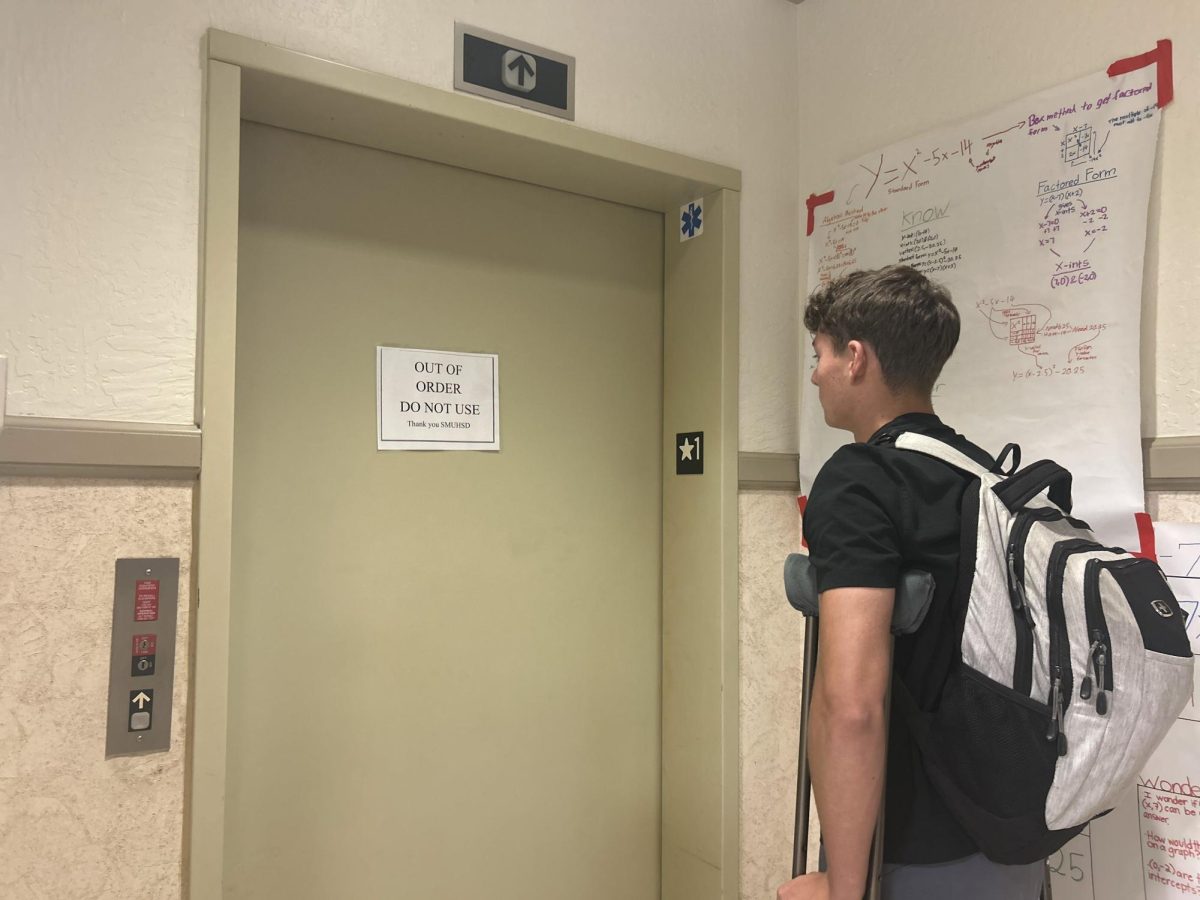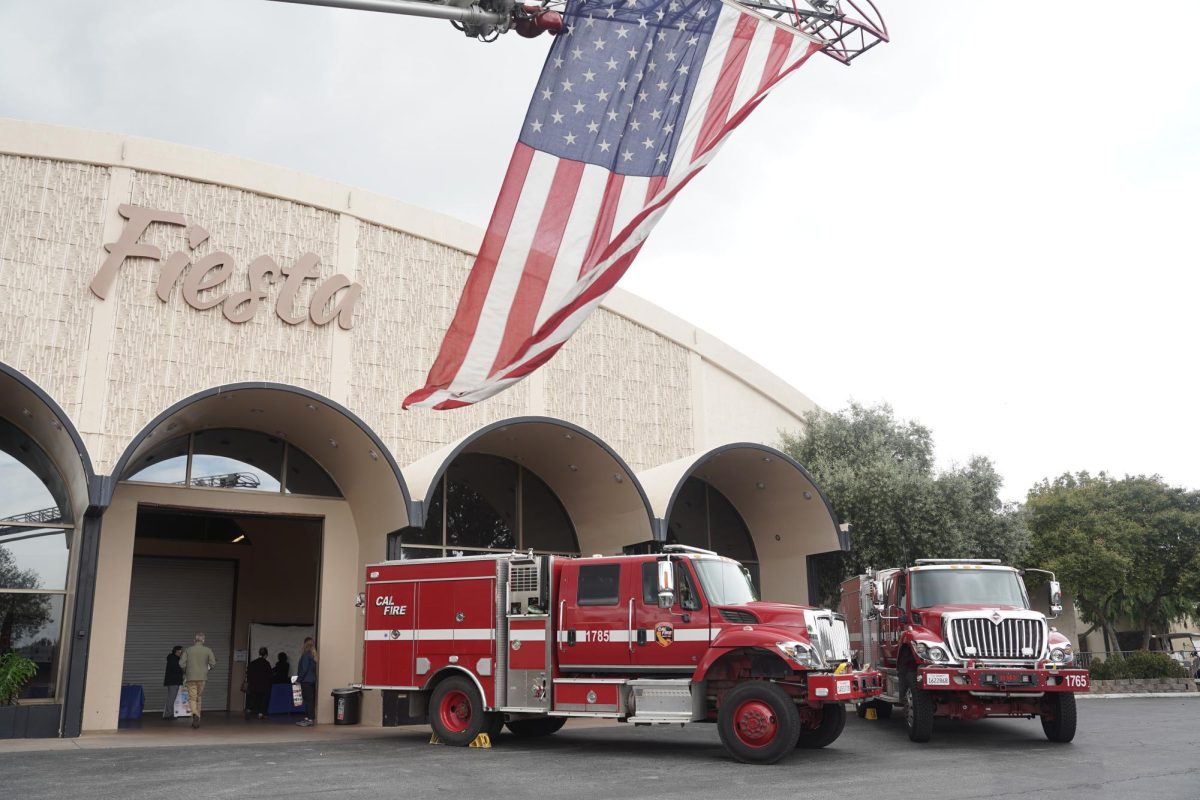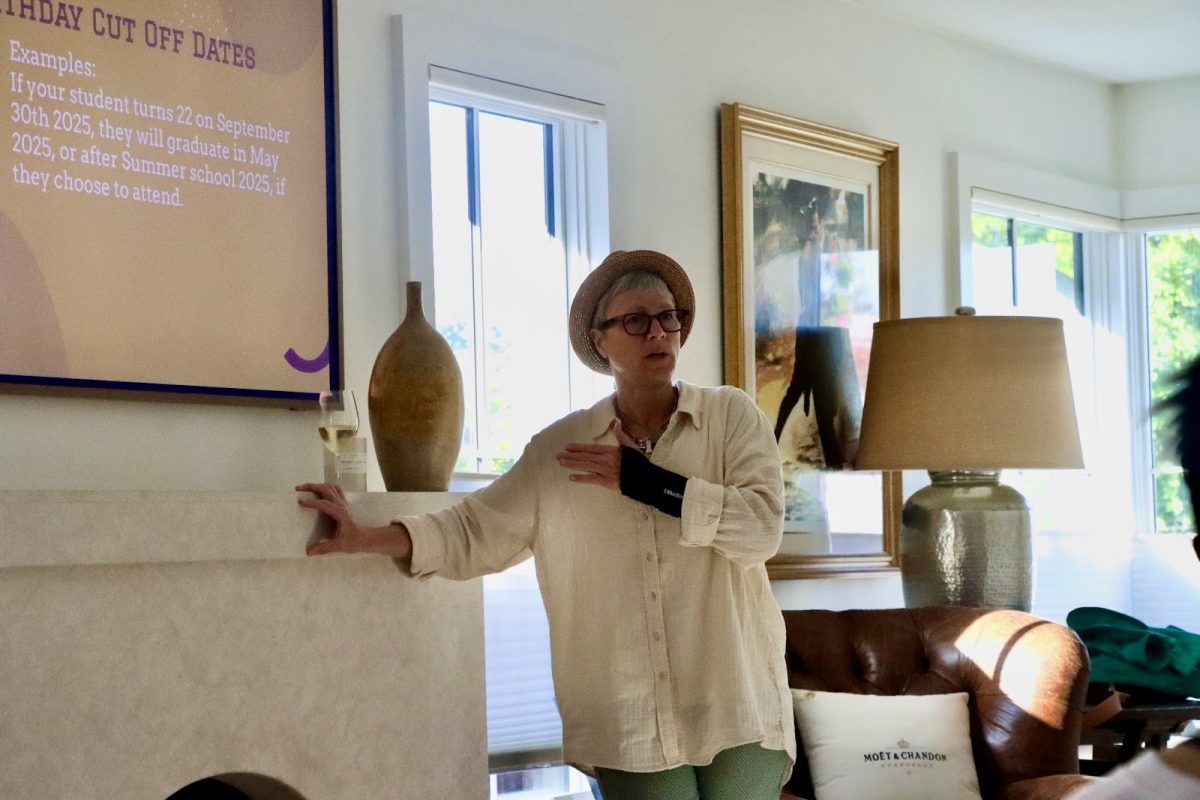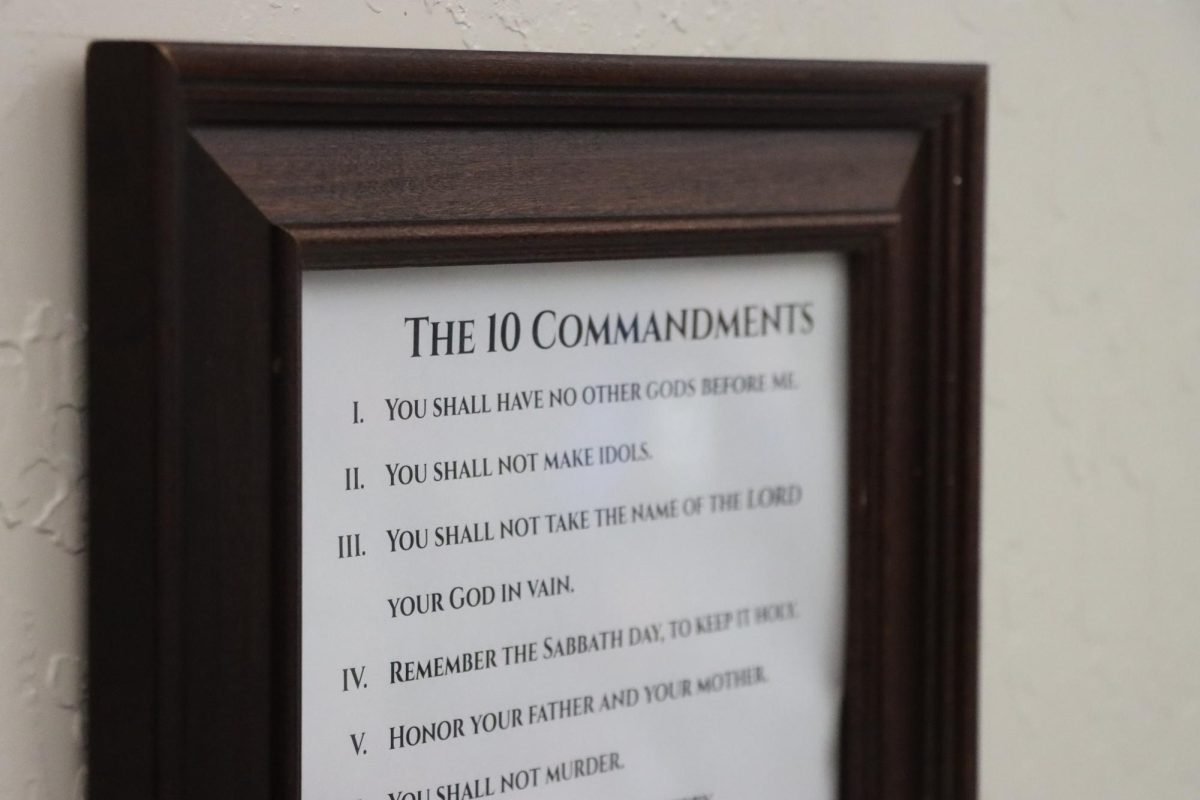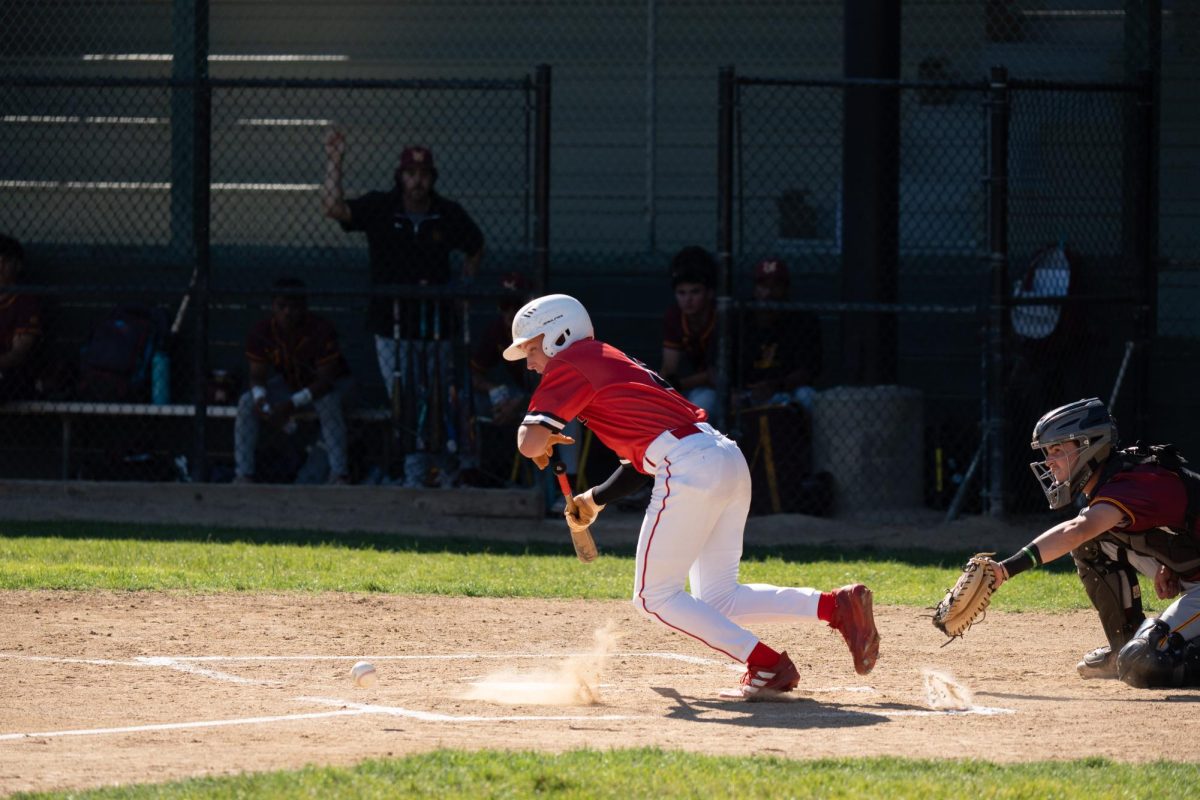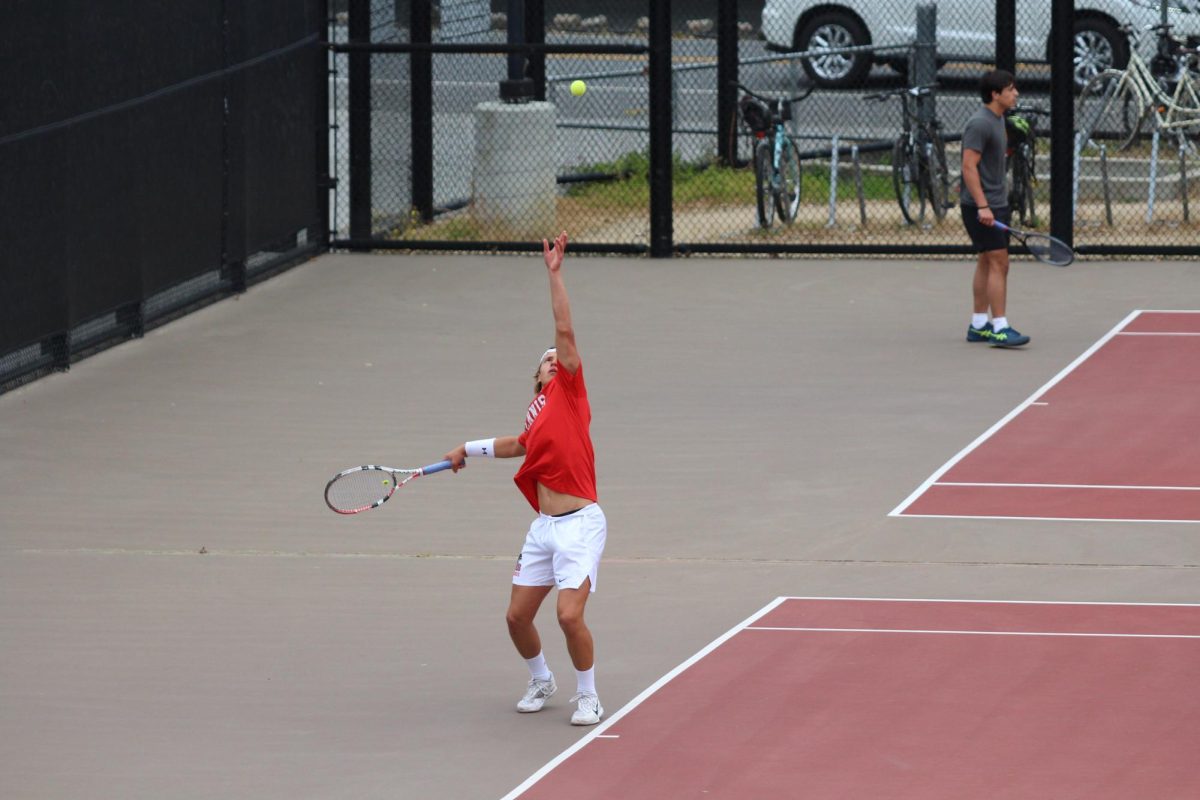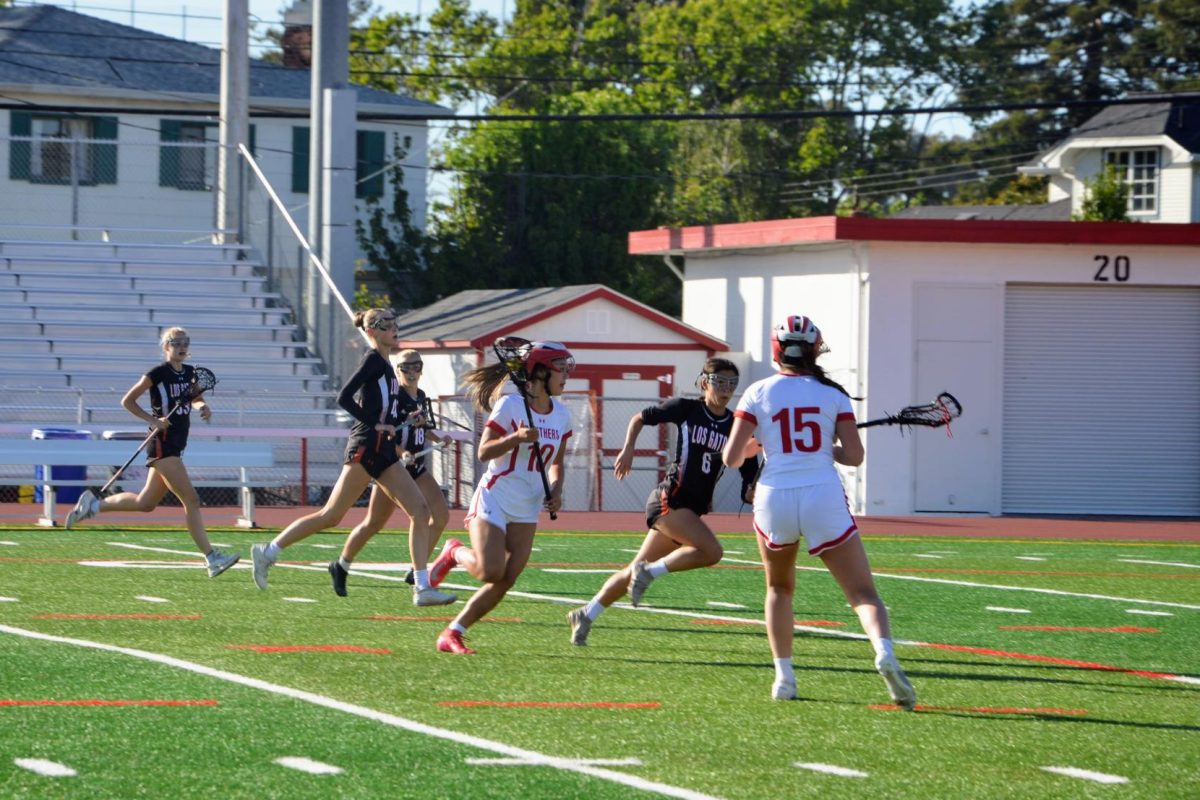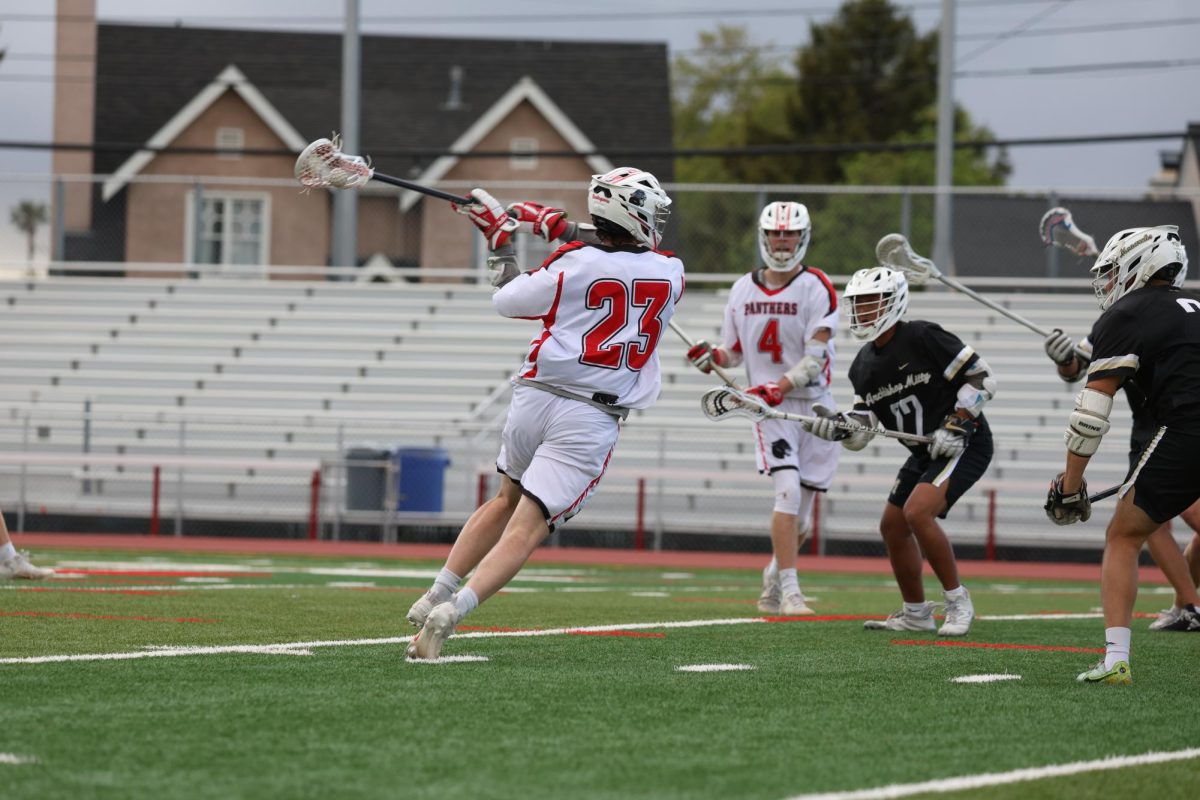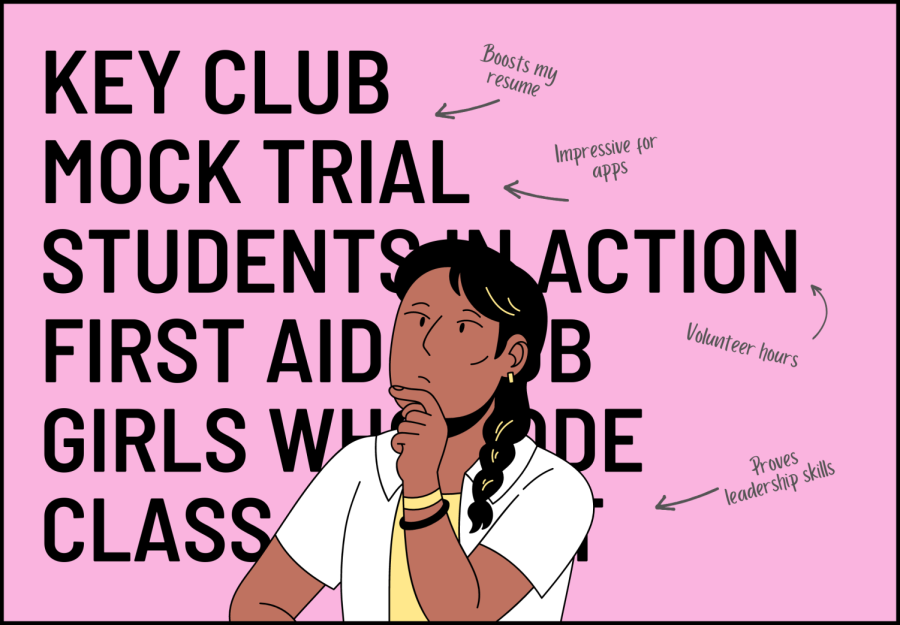College admissions complicate club culture
Some clubs on campus have lost their true dedication and purpose due to the competitive college admissions process.
April 23, 2023
In a school with over 80 clubs — ranging from crocheting to dentistry — it’s clear that Burlingame students have a diverse array of passions. Despite that, some clubs on campus have lost their true dedication and purpose due to the competitive college admissions process.
As Burlingame’s Career Coordinator and the advisor for the Students in Action (SIA) club, Carrie Hermann is heavily involved with students who run clubs. Hermann has noticed that some students solely start clubs in order to look better on college applications, assuming that their commitment will impress admissions officers.
“I think there are some cases where students are feeling compelled that [to get into college] they might have to do something — for example, start a club. They want it to weigh in the college admissions process,” Hermann said.
Colleges often admit students whose applications stand out, showing passion and determination to specific subjects. Thus, many students, like sophomore Lexie Levitt, choose to join clubs that they aren’t entirely interested in.
‘“As a freshman I joined clubs really fast. I would say half of them were for interest, the other half were just that would look good for me,” Levitt said. “I’m currently in 5 clubs. I’m on the robotics team. I’m in mock trial, on the student cabinet along with the equity team.”
As time goes on, the buildup of club meetings and events can lead to overcommitment and stress, senior Natalie Sullivan-Wu said. Sullivan Wu originally joined many clubs before starting her own called Bay University Fun and Festivities (BUFF).
“I think people definitely join clubs and start clubs because they want it on their college application, and I don’t think they’re necessarily at fault for that. It’s more just because of the system itself and the way things are,” Sullivan-Wu said.
But many still continue to start clubs only to let them die out throughout the course of the school year or once the club founder has gotten into a college. Sullivan-Wu said her club participation has started to slow down after she was accepted to play water polo for Pomona College.
“I’ve been so busy trying to sort out my academic priorities and athletic priorities. I think that my priorities as a club have fallen a little behind,” Sullivan-Wu said.
However, when it comes to college applications, clubs are just the tip of the iceberg.
“I think there’s pressure to take APs [Advanced Placement classes] and there’s pressure to get amazing grades and do sports activities for the sake of college. Clubs have really turned into something that people do for college admission,” Sullivan-Wu said.
Leadership makes a strong effort to promote Burlingame’s clubs, hosting events such as the Club Fair — the fall event that advertises new student organizations on the front lawn. As a result, students can tailor their club participation to fit their likings.
“[Clubs] just help you to figure out what you like, and what you don’t and it really just kind of helps you navigate future years at BHS and beyond,” Hermann said.
However, as the year goes on, it’s not uncommon to see a lack of motivation from both the members of the club and its leaders.
“I think we’ve seen a decline [ in club participation ], students really want to have time during their breaks and during lunch,” Hermann said “Students are more likely to want to be with their friends and not necessarily focused on a particular club.”
Despite not attending the meetings, students are still able to put these clubs in their college applications and act as if they were a member of the club.
“Some clubs that don’t do a lot, that just meet at lunch every once in a while, often get canceled but it’s just the title that seems good for college applications,” Levitt said.
Furthermore, clubs fade out quickly: Many are started with groups of friends in order to secure the role of a club creator and seem to disappear once those friends graduate, or decide that it’s too much to handle.
“They’re not organized very strongly. The people who lead these clubs have graduated and no one replaced them. I also realized I would rather be more committed to fewer clubs, rather than less committed to multiple clubs,” Levitt said.



